Enter a surname, town name or other keyword to search the database. Remember to
allow for the different spellings of 'Mc' and 'Mac.' Good luck!
{Search tips: Use single word search terms for more results}
You must enter some valid character(s) into the search field
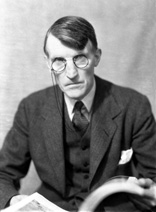
Reference: 29684b
Sir Alexander Malcolm MacEwen,...
|
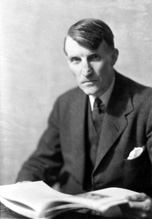
Reference: 29684a
Sir Alexander Malcolm MacEwen,...
|
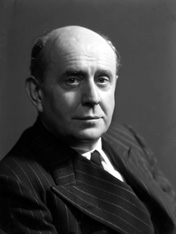
Reference: 37639
His Excellency Jan Masaryk, Vi...
|
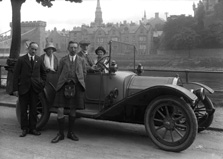
Reference: 25475c
Scottish Home Rule Group outsi...
|
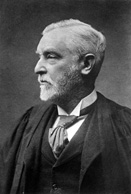
Reference: 26766
W. Taylor Rule Esq., Stuart Ru...
|
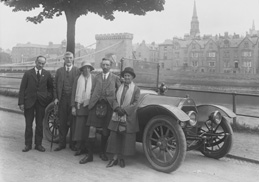
Reference: 25475b
Scottish Home Rule Group outsi...
|
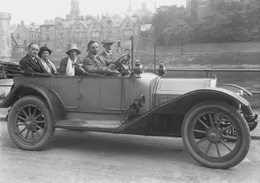
Reference: 25475a
Scottish Home Rule Group outsi...
| | |